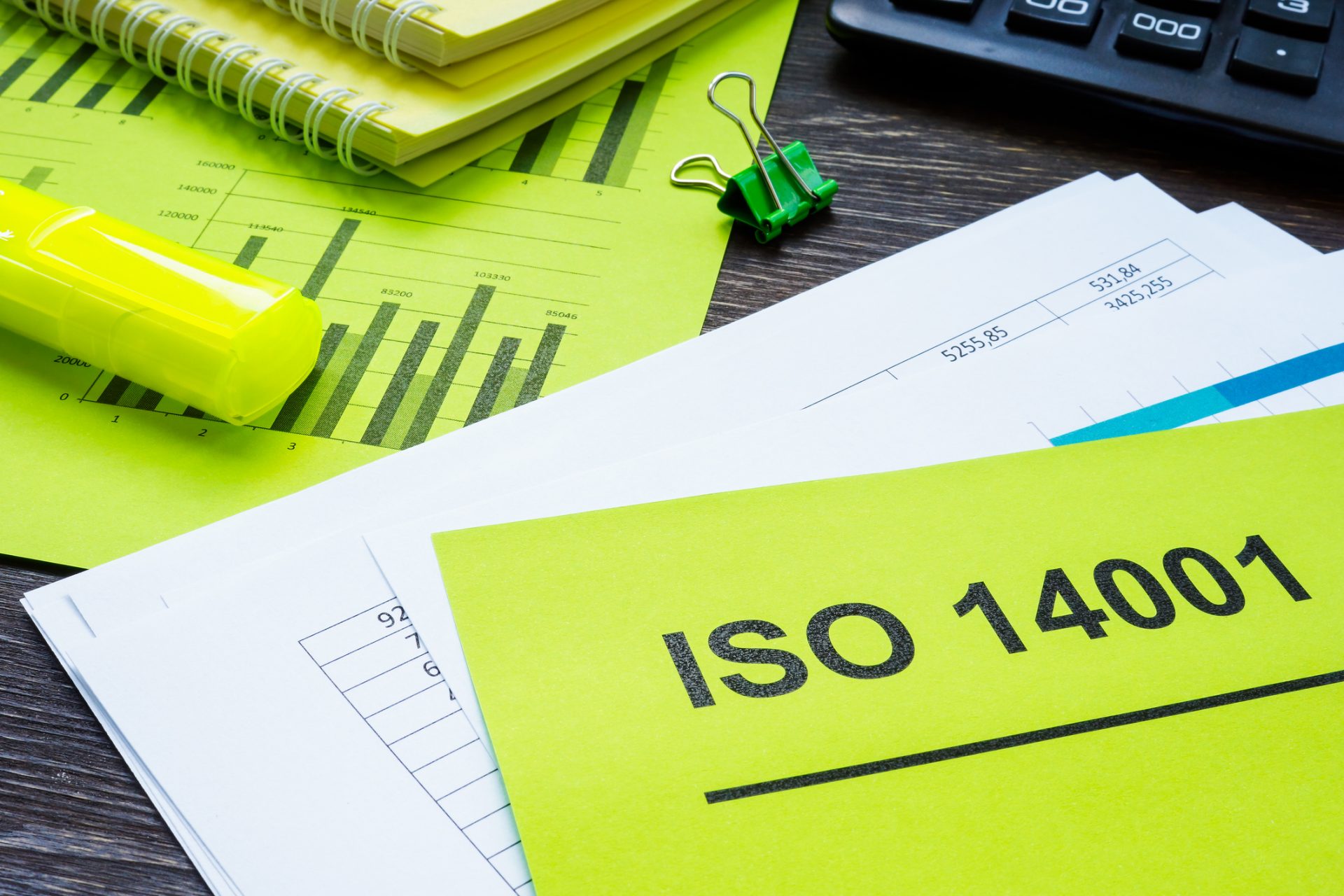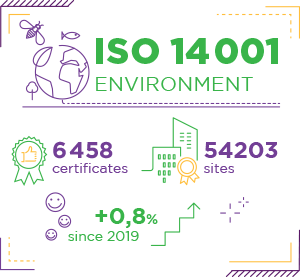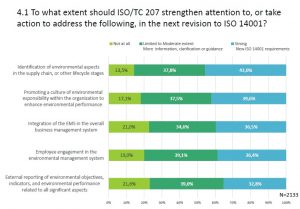New ISO 14001: verdict in December 2022

The survey conducted in autumn 2021 will not lead to a revision of the flagship standard for environmental management systems. ISO will make its decision at a later date, in the light of the analysis of additional elements.
Like ISO 9001 for quality management, the latest version of the voluntary ISO 14001 environmental management standard dates back to 2015, and six years on, it’s time to find out whether or not it needs revising. In fact, all voluntary standards are bound to evolve, in line with the expectations of economic players and market realities.
In the autumn of 2021, we invited you to respond to a survey by the International Organization for Standardization (ISO) on the need or otherwise to revise the voluntary ISO 14001 standard, which was then celebrating its 25th anniversary. Over 5,000 responses were received by the ISO technical sub-committee (ISO/TC 207/SC 1) responsible for this subject, under British leadership. Most of them come from experienced users of the current standard, from organizations with over 500 employees, who are already familiar with  ISO 9001. France was the5th country to provide the most responses, after Germany, the UK, Poland and the USA.
ISO 9001. France was the5th country to provide the most responses, after Germany, the UK, Poland and the USA.
Answer in December 2022
Verdict: the overhaul isn’t going to happen just yet. ” On January 13, 2022, in view of the responses, the sub-committee decided that there was no consensus on whether or not to revise ISO 14001. The decision will therefore be postponed until the committee’s next plenary session, in December 2022. “says Lina Ismail, who coordinated the work for AFNOR on behalf of France. On the one hand, an Anglo-Saxon bloc is pushing for a revision; on the other, several countries such as Canada, Malaysia and Belgium see little interest in it at this stage.
While ISO 14001 is widely used in Europe and North America, many countries in other parts of the world are only just getting to grips with the document, and are therefore advocating confirmation of the 2015 version of the standard. On the other hand, the preliminary work carried out by ISO needs to be analyzed in greater detail. Work will therefore continue this year, postponing its conclusion until the next ISO/TC 207/SC 1 plenary session.
To the question “What points would you encourage the ISO committee to consider for a revision of the standard?”, the first answer cited was “the identification of environmental aspects in the supply chain or at other stages of the life cycle”. 43% of respondents feel that this is where the standard should offer something new. The verdict will be of interest to many environmental managers in France and around the world. By 2020, France had 6,458 active ISO 14001 certificates, covering over 54,000 sites. That year, ISO counted nearly 350,000 active certificates worldwide, compared with 312,000 a year earlier (
source Iso Survey 2021
).

You can also consult our dossier on Building an environmental management system: https: //www.afnor.org/environnement/systeme-management-environnemental/ and, more generally, our thematic dossier on Environmental Management.
©Getty Images/Designer491